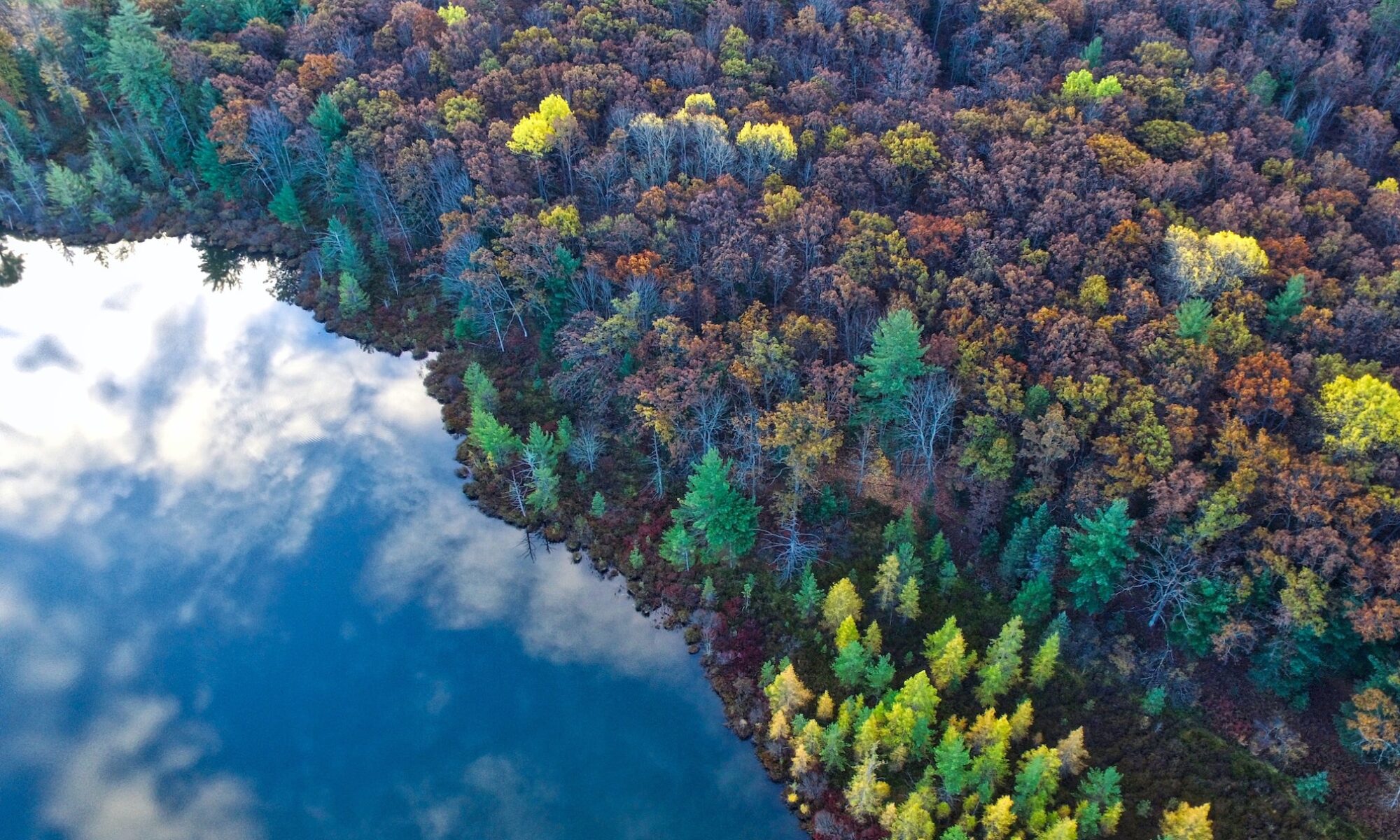The Court concluded the State has the obligation to adopt positive measures towards a dignified life, including the protection of the natural environment, particularly when the protection of high risk, vulnerable groups such as the Yakye Axa is at stake. This decision was grounded in several bodies of law. An expert witness, Enrique Castillo, confirmed that Article 64 of the Paraguayan National Constitution embodies the right of the indigenous communities to collective or communal ownership of their land; the State is under an obligation to ensure the rights of the indigenous communities to collective or communal ownership of the land that is their traditional place of settlement. This means the land must be ecologically sound enough to support their traditional manners of life. In addition, the Court also considered General Comments by the Committee on Economic, Social and Cultural Rights, the supervisory body of the International Convention on Economic, Social and Cultural Rights.
The Court ordered the State to demarcate the traditional land of the Yakye Axa, to cede it to the community at no cost, and to provide basic goods and services necessary for the community to survive until they recovered their land.
The Court further stated that it would supervise enforcement of this decree and ordered the State to submit a report on measures adopted within one year of the decision.
Potential takeaways for future climate migration litigation
- The Court recognized that the realization of the right to life is necessarily linked to and dependent on the physical environment. This includes judicial recognition that protecting the environment is an indispensable facet of the full enjoyment of the right to life, health, and an adequate standard of living.
- This case further demonstrates the interconnected nature of the right to life and positive state obligations to protect the environment under their jurisdiction. This is especially important for vulnerable groups such as indigenous peoples whose collective identities and survival are interwoven with physical environments imperiled by climate change.
- Climate migrants in the Americas, especially indigenous peoples, may emphasize that the right to positive state protection of their physical environment in which they reside is inextricably linked to their right to life under the American Convention on Human Rights.

